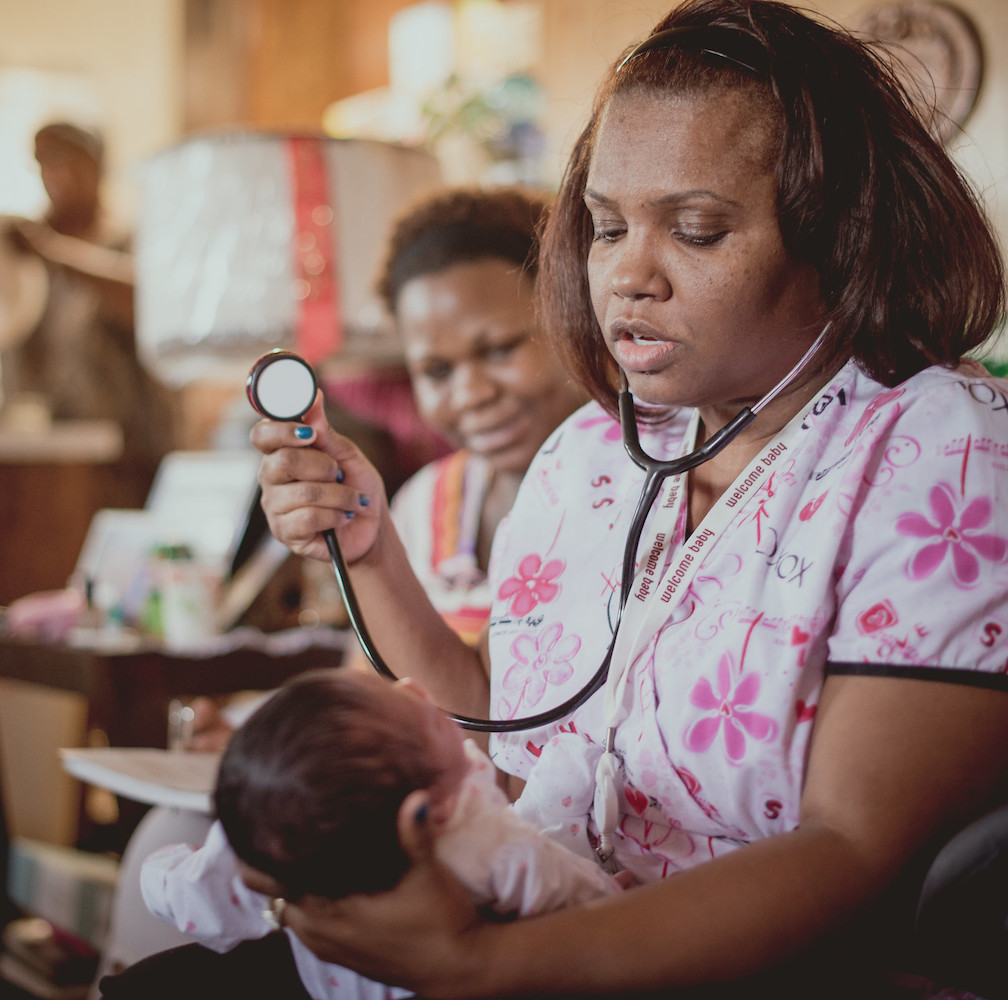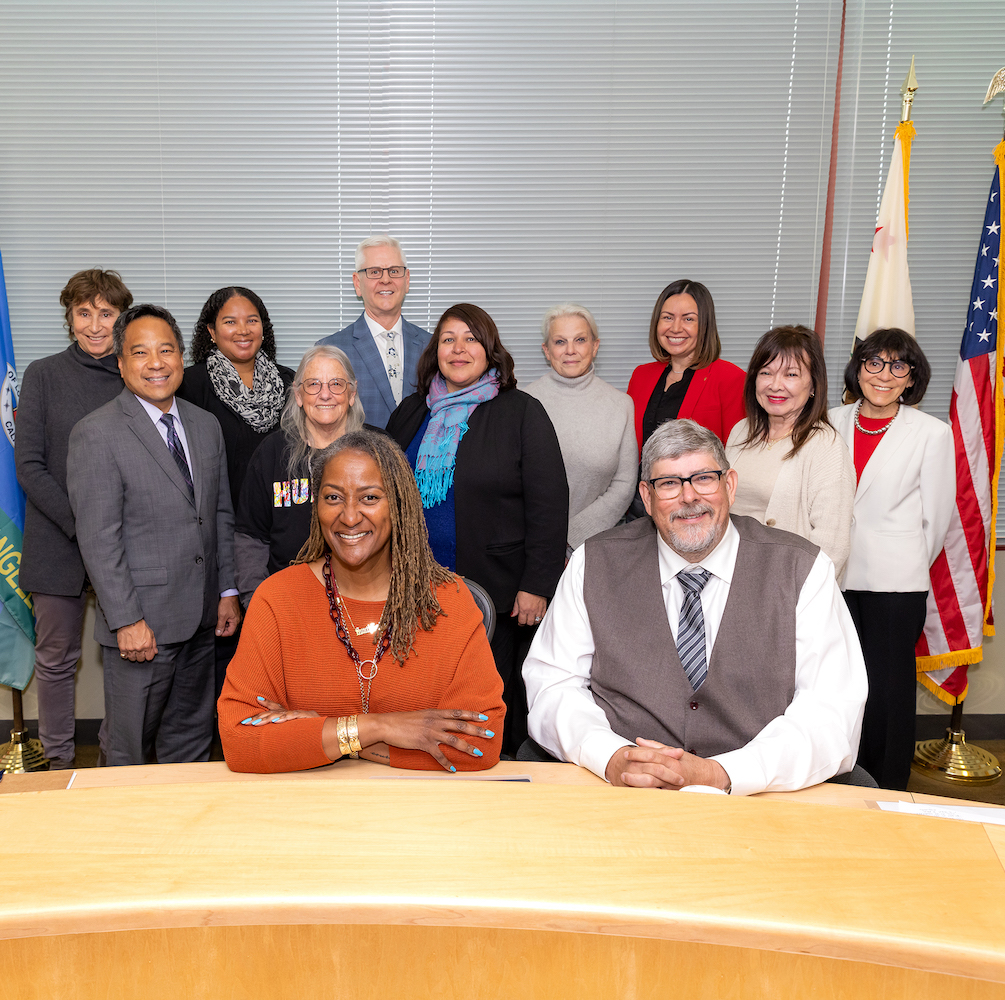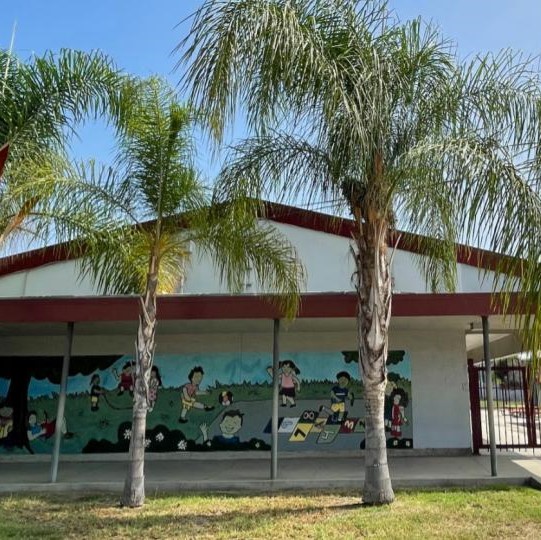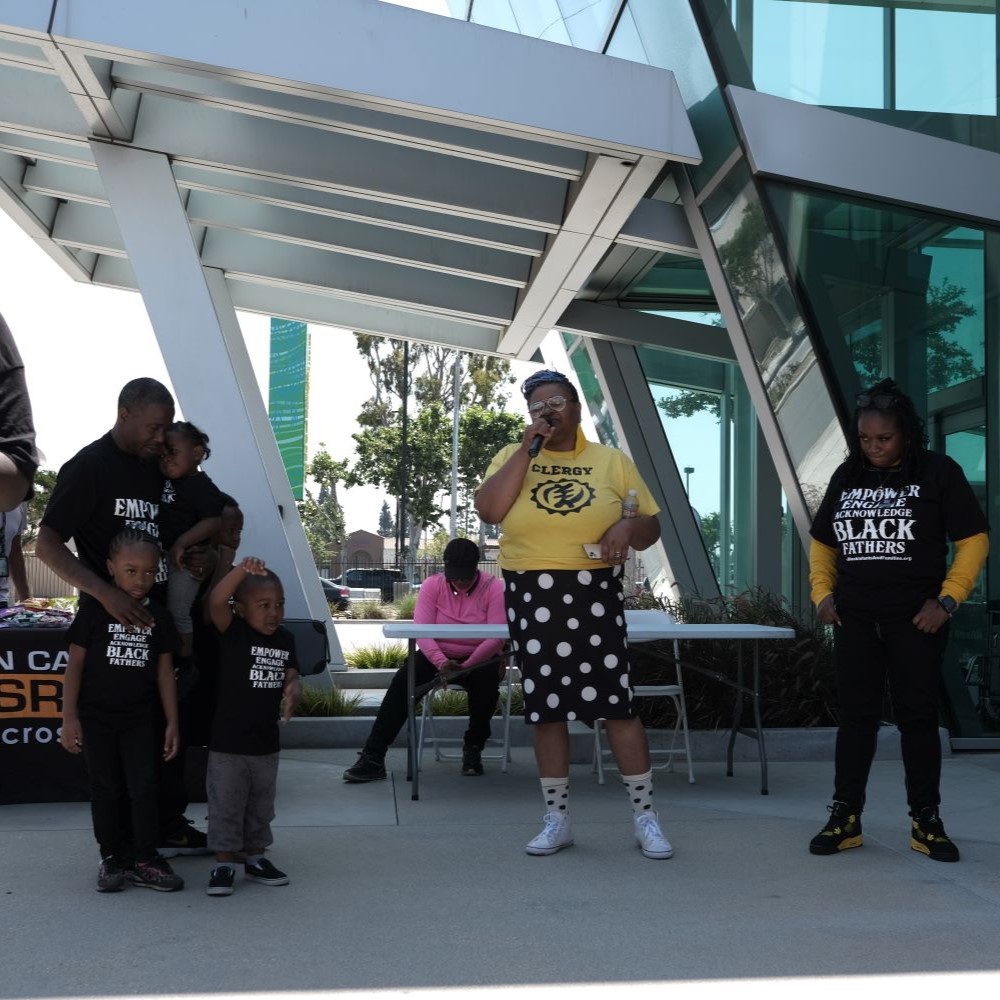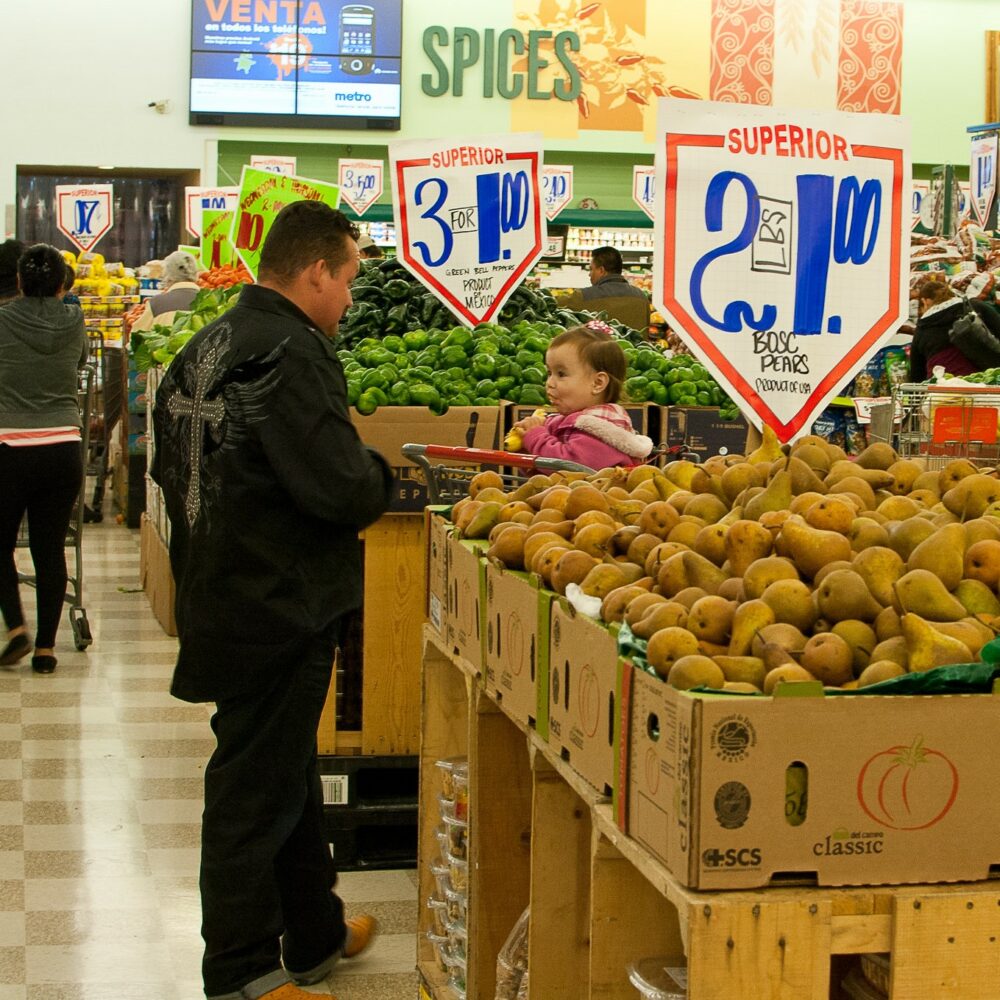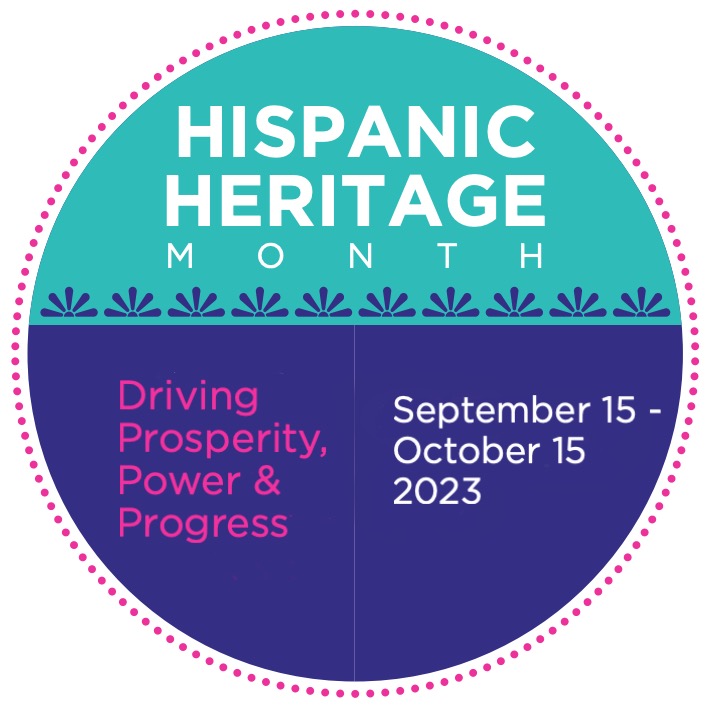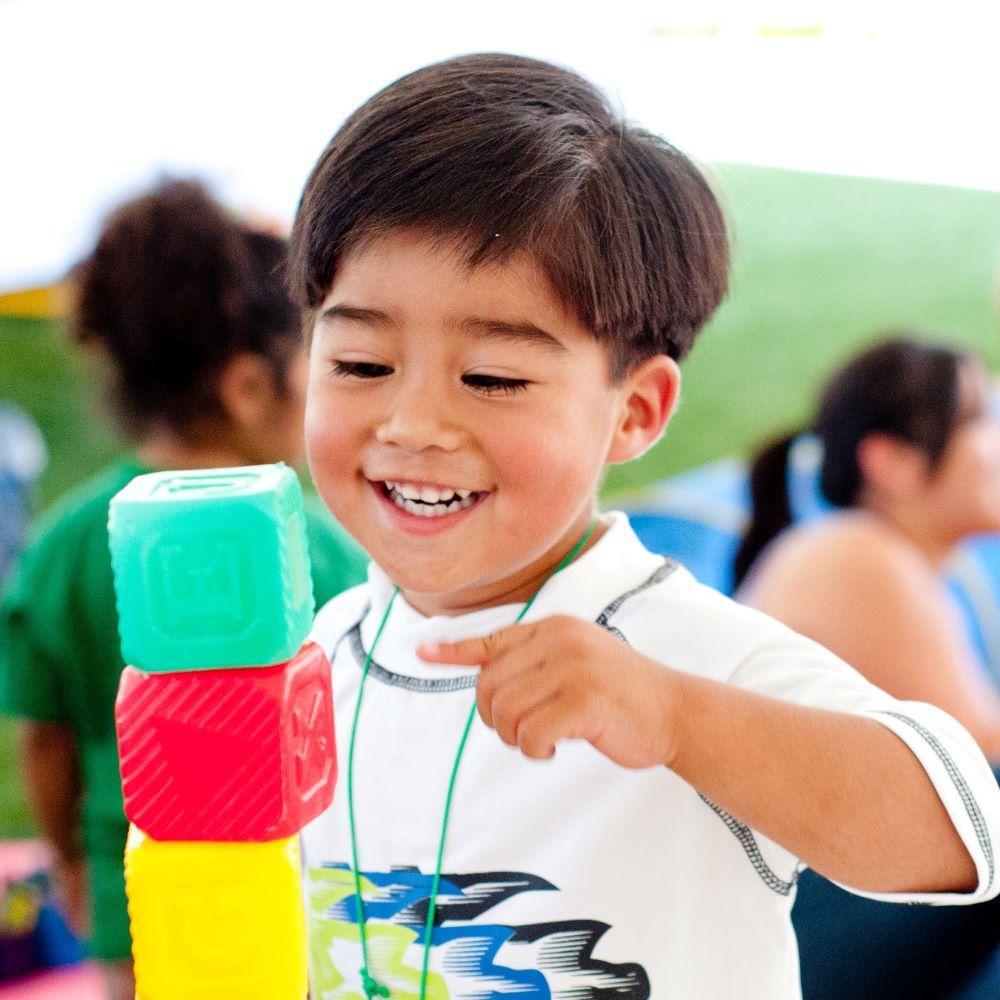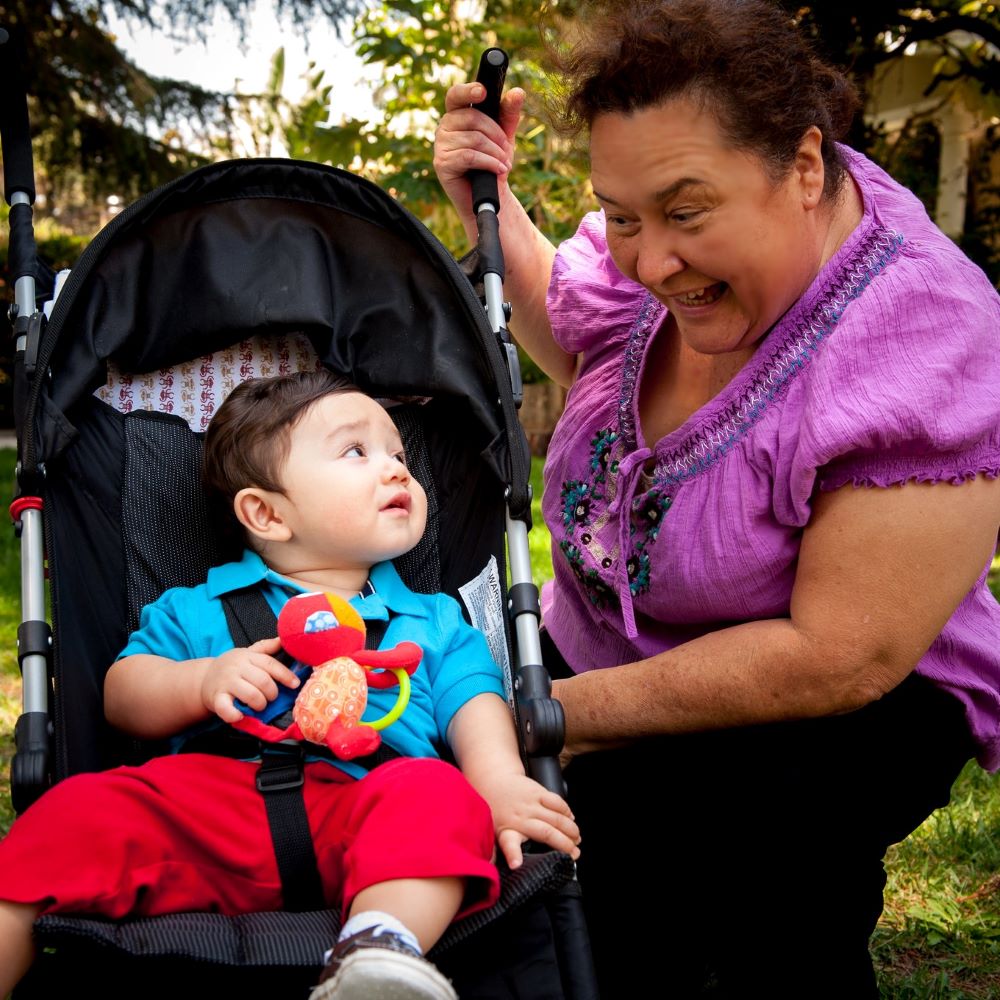February 24. 2022
An old adage says: “An ounce of prevention is worth a pound of cure.” Unlike other sayings, however, the truth of this phrase is not based solely on old wisdom passed down through the ages, but on scores of research and data showing that intervening once a health-related issue is present is significantly more costly to individuals, communities, and systems rather than preventing that issue completely. The importance of prevention has been front and center for the past two years, as we have tried to protect ourselves and others during the COVID-19 pandemic. Wearing a mask, engaging in social distancing, and getting vaccinated are all forms of prevention.
Prevention is protection. Nowhere is this more apparent than in our health care delivery system, where preventing chronic diseases that lead to poor health, disability and death is a high priority. The health care delivery system has increasingly recognized the social and environmental factors that contribute to disease that, if mitigated, could prevent these adverse conditions. Examples of this can be seen in the CalAIM initiative, which seeks to transform California’s Medicaid system by prioritizing whole person care and preventative health measures. As the health care system seeks to address these root causes and promote health and well-being, opportunities are emerging to forge new partnerships with services and providers who are not typically considered part of the health care system but provide holistic supports that contribute to long-term health and overall well-being.

One of these services is maternal-child home visiting programs that pair pregnant and parenting people and their families with trained professionals who can support them in creating a healthy and safe environment. In addition to providing clients with information and guidance, home visiting programs conduct mental health and child developmental screenings and connect families to health services and other resources they may need in their communities. Evidence-based home visiting programs have been shown to reduce child abuse and neglect, mitigate the intergenerational impacts of trauma, improve maternal and child health by bolstering engagement in health services, improve cognitive and social development, and increase family self-sufficiency, among many other positive outcomes. In addition to improving health and family outcomes, these programs are also key to advancing health equity and reducing persistent disparities.
Over the past decade, First 5 LA has developed a network of high-quality programs with trained professionals that provide home visiting services to pregnant women, children, and families. The network includes over 30 hospitals and community-based organizations that serve over 20,000 pregnant women and families with young children per year. During the pandemic, First 5 LA and its home visiting partners quickly pivoted to ensure that families continued to receive services and supports using virtual visits. With vulnerable families facing increasing stressors, including isolation, illness, and financial insecurity, home visiting services represent a critical way to connect families to emotional support and concrete services. Additionally, home visitors help families navigate a changing field of resources, assist them in enrolling for benefits that they may be eligible for, and deliver emergency supplies such as diapers and foods, all of which are essential to family security.
Health plans seek to achieve these same outcomes, making home visiting programs a critical component of the spectrum of services that should be available to pregnant and parenting people and their children. For example, while nationwide rates of childhood routine vaccinations dipped during the pandemic, the rates reported for children enrolled in home visiting programs remained relatively steady.
As society increasingly emphasizes the importance of prevention, First 5 LA is partnering with health plans to promote the value and benefits associated with home visitation and to create referral pathways from the health care system that will allow more pregnant and parenting people and their children to receive services as early as possible. As we embrace this model of health, perhaps we should add a modern twist to the old adage: Investing in children today equals healthier systems, societies and communities tomorrow.
